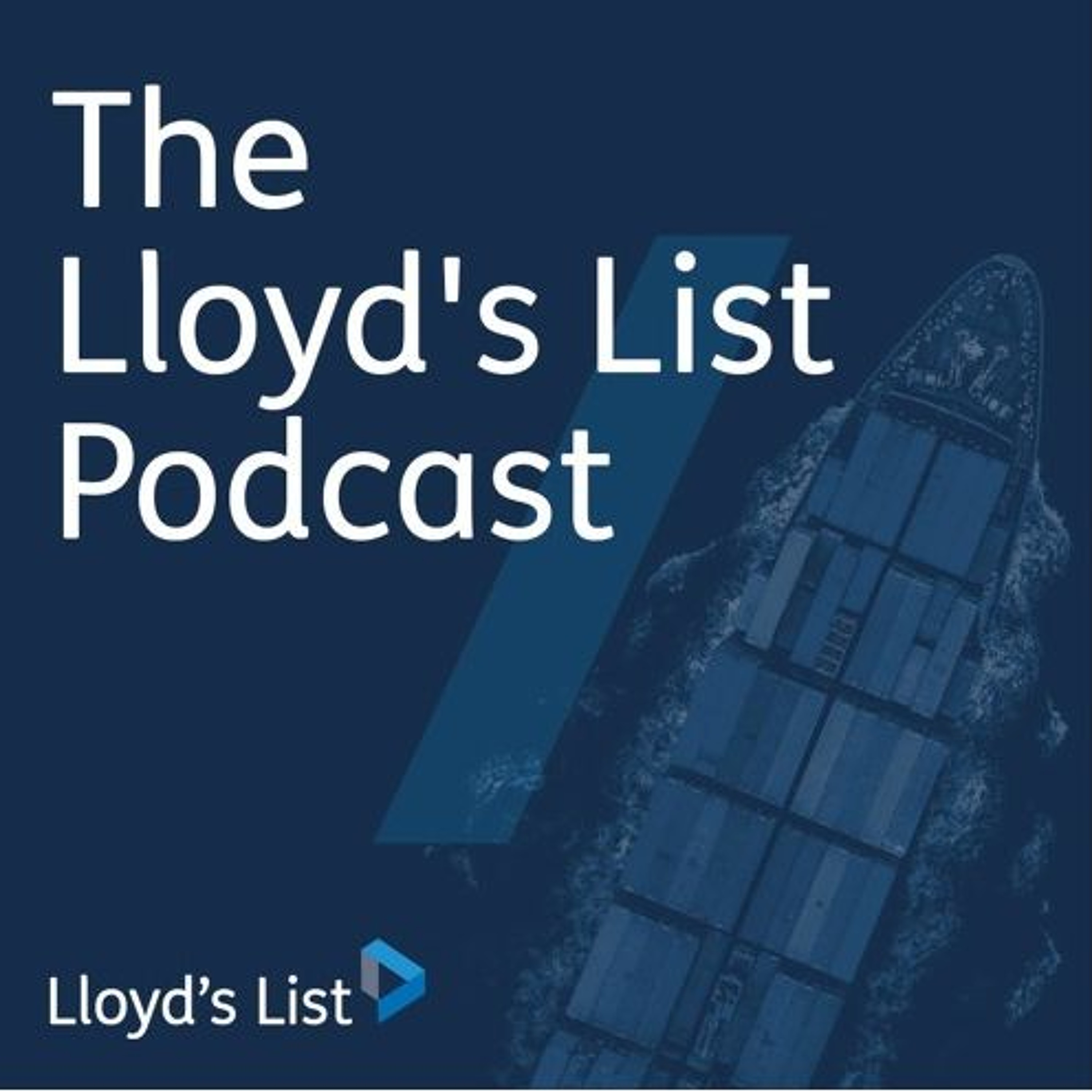
The Lloyd’s List Podcast: Has shipping replaced ambition with pragmatism?
 2024-06-07
2024-06-07
Download
Right click and do "save link as"
Pragmatism seems to be the new buzzword sweeping through the shipping executive lexicon.
What that means though requires a bit of decoding.
Those of you who have been schlepping round the conference circuit at Posidonia in Athens this week will have no doubt noticed that it comes up quite a lot when talking about decisions that have not been made.
A lot has happened in the past few years, we need to factor in energy security as well as energy transition. The technology is there, the regulation is coming, but realistically the fuel supply is not. We need to focus on efficiency this decade, and, by the way 2050 net zero now seems pretty unlikely now. We need to be pragmatic.
Is this outbreak of pragmatism a genuine shift towards a more realistic conversation? Is it a resetting after the greenwashed ambitions that never really had any substance? Or are we starting to feel the ESG backlash playing out and pulling back on the difficult substance of what lies ahead in terms of the energy transition?
There has certainly been a shift.
Given that this push for pragmatism is coming, not from the environmental laggards, but from many of the most progressive voices who previously argued with conviction for ambition when it came to shipping’s energy transition and all that entails, the podcast this week reports from Posidonia.
Joining Lloyd’s List editor-in-chief Richard Meade around Athens this week to discuss what this all means:
Jan Dieleman, President of Cargill Ocean Transportation
Knut Ørbeck-Nilssen, CEO of DNV – Maritime
Matthieu de Tugny. President, Marine & Offshore, Bureau Veritas.
Bud Darr, Executive Vice President, Maritime Policy and Government Affairs, MSC Group
Christopher J. Wiernicki, CEO of ABS
view more
More Episodes
012345678910111213141516171819
Create your
podcast in
minutes
- Full-featured podcast site
- Unlimited storage and bandwidth
- Comprehensive podcast stats
- Distribute to Apple Podcasts, Spotify, and more
- Make money with your podcast
It is Free
- Privacy Policy
- Cookie Policy
- Terms of Use
- Consent Preferences
- Copyright © 2015-2024 Podbean.com






